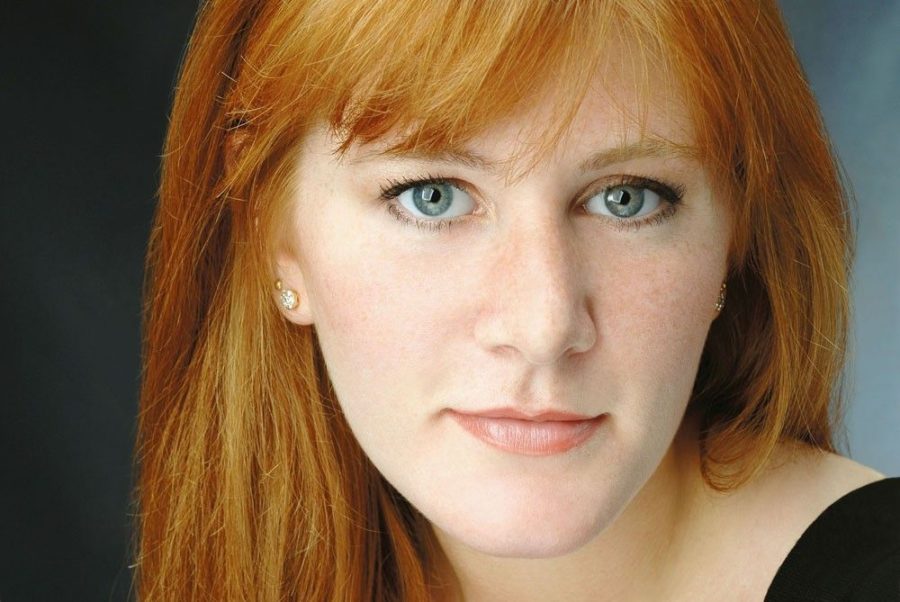Don’t criticize a person because of their waist size
November 27, 2011
“I think that many people have an automatic disgust in reaction to people who are severely overweight, like they are diseased or disabled.”
This is a quote from a 39-year-old obese woman who participated in a research study. With the current social standings of our country, it is hard to disagree with her.
According to one study, many Americans have said they would actually rather die young or be blind than be obese. And we wonder why an estimated eight million Americans have an eating disorder? We wonder why one in 200 American women suffers from anorexia, and almost three in 100 suffer from bulimia?
In our society there is a stigma of ugliness, lack of self-control, ineptitude and laziness attached to the overweight and obese. It has been proven that overweight and obese people suffer discrimination in the workplace, at school, in relationships and even when seeking healthcare.
Take a look at New Jersey Governor Chris Christie. Even though he has done wonders for his state and could be a formidable opponent in the 2016 presidential race, all some people notice is his weight.
Late night talk show host David Letterman spews an endless number of fat jokes about the governor. There have been numerous articles saying Christie is too fat to be president. Unless Christie’s weight causes health problems, there’s no reason to say he’s too big for an office.
Discrimination doesn’t stop there either. Some of the most harmful treatment of obese people comes from their own families. In one study, when asked to recall some of their worst stigma experiences, one woman said, “my mother telling me in a loud voice at a family gathering that I should buy my clothes at the tent and awning supply store.” Some people can’t even find refuse mockery in their own families.
Now let’s look at some statistics. Technically, being overweight qualifies as having a body mass index of 25 to 30. Being obese qualifies as 30 or above. In the United States, that includes one third of all adults. It includes around 17 percent of children from the ages of 2 to 19 years old. According to the Centers for Disease Control and Prevention, Kentucky is ranked as one of the most obese states, weighing in at 31.3 percent.
There’s no doubt that obesity is an increasing problem. Being obese, especially severely obese, is linked to heart disease, stroke, type two diabetes and certain types of cancer. It is the number two most preventable cause of death in the U.S.
But no one chooses to be obese. No one chooses to put their health at risk and face discrimination for their appearance. There are many factors that contribute to obesity. Medication, psychological factors, lack of sleep, stress and genetics are a few. But most of all, it’s a combination of overeating, lack of activity and environmental factors.
For some people, getting control of their weight is the most difficult challenge they will ever face.
Here’s what one woman from a study says about her struggle: “Losing weight is hard and you are hard enough on yourself without the ongoing criticism of others. Food is an addiction to me and unlike an alcoholic or drug addict, I cannot remove food from my environment.”
Food addiction is real. It’s as real as alcohol and drug addiction, but it’s a whole lot harder to kick. Our lives revolve around food. We need food to survive. No pun intended, but there is no quitting “cold turkey.”
Growing up, I was the fat kid. In middle school I was 5 feet 7 inches tall and weighed 170 pounds. With sports and extreme dieting I managed to thin out by high school, but my peers never let me forget what I use to look like. Now, at 21 years-old, I’m finally learning to eat healthy and control my binge eating. But I will always have a skewed vision of myself. Because I was teased when I was young, I will always feel like the fat kid, no matter what the scale says. I may be scarred from my fat stigma experiences, but my scars hardly compare to those of other people.
So what do we do about this fat stigma our society has created? We think. We think with our minds and our hearts. Let’s have compassion instead of contempt for those struggling with weight. Stop judging a book by its cover. Stop labeling overweight and obese people as lazy or unmotivated. Recognize that they could be struggling with something you can’t even fathom. And if you can fathom it, why not reach out and help? Or, at the very least, just be nice.
































































































































































